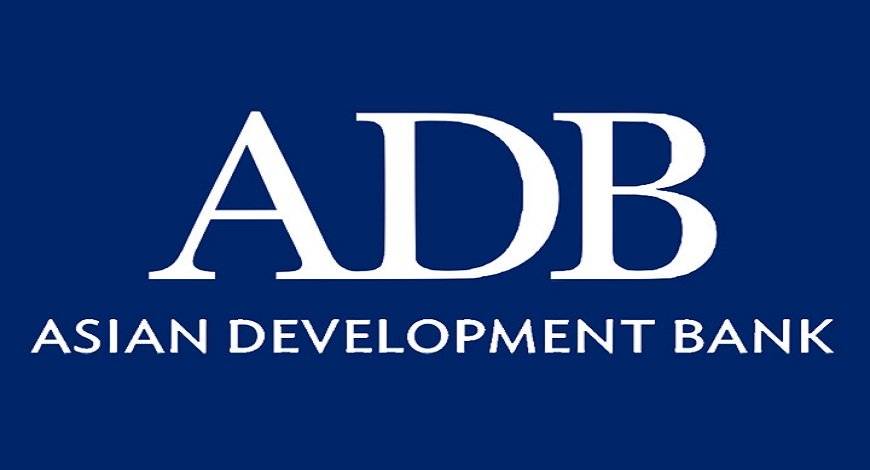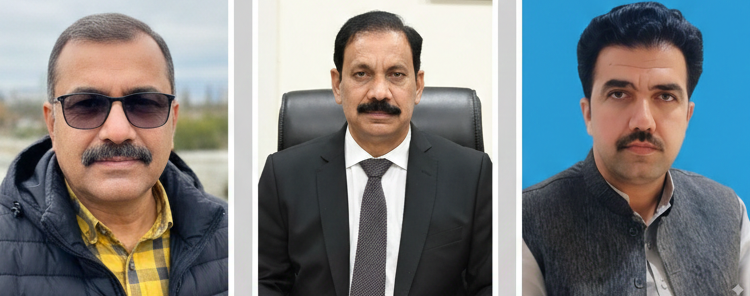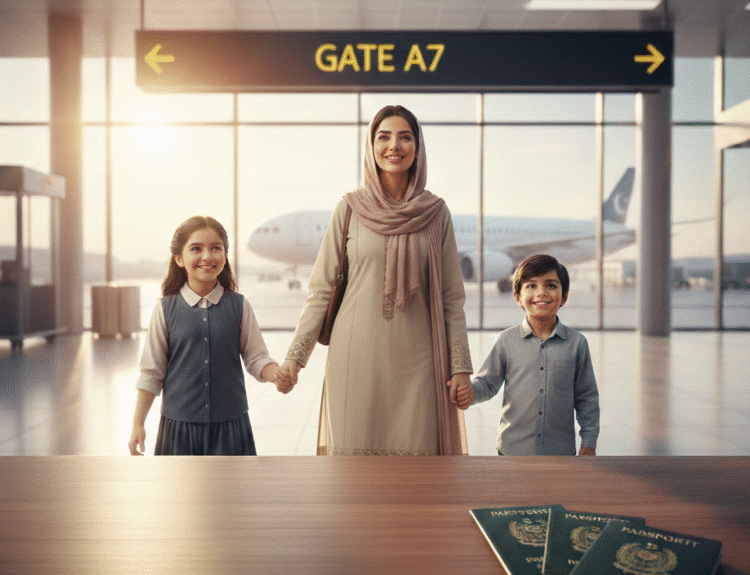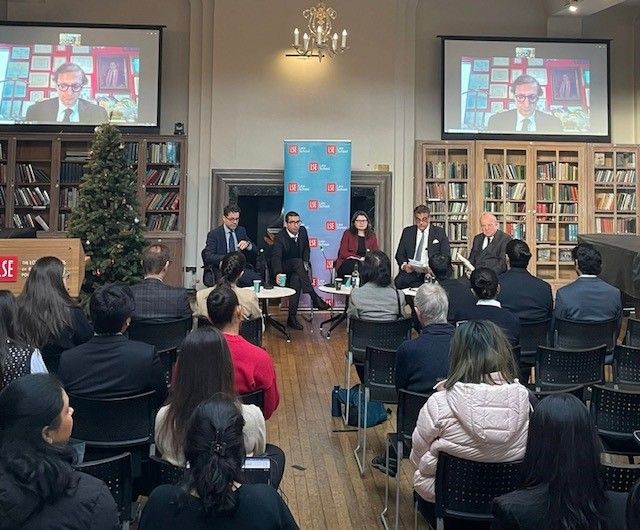The coronavirus disease (Covid-19) pandemic has triggered an unprecedented collapse of the travel and tourism industry and reviving the sector requires global collaboration and coordination, said in a recently released ADB Outlook 2020 report.
According to ADB’s Asian Development Outlook 2020 report, tourism-driven economies – including the Cook Islands, Fiji, Palau, Samoa, and Vanuatu – were the hardest hit by the Covid-19 pandemic. The Asia Pacific region, alone, is expected to lose almost 70 million jobs and $1.1 trillion in GDP—more than any other region in the world.
“These policy recommendations are the result of widespread consultation with airport, airline, hotel, and government leaders. They provide a roadmap for how countries across the Asia and Pacific region can reopen this critical sector in the most careful, responsible, and effective way possible,” said Patrick Osewe, chief of ADB’s Health Sector Group.
But the rising rates of vaccinations are seeing many countries slowly rebooting their international and domestic travel sectors. Precautionary measures against contracting Covid-19 have been put in place to ensure passenger health and safety as the transport industry deals with travel and tourism challenges in this “new normal.”
The Asian Development Bank (ADB) has released a set of health-focused policy recommendations – Reopening Borders to Revive the Economy and Resume Travel in Asia and the Pacific – to help members in the region make the best policy decisions for their circumstances. The recommendations came from months of extensive collaboration with key partners, including the International Civil Aviation Organization, the International Air Transport Association, the Pacific Asia Travel Association, and other stakeholders and industry leaders.
“These policy recommendations are the result of widespread consultation with airport, airline, hotel, and government leaders,” said Patrick Osewe. “They provide a roadmap for how countries across the Asia and Pacific region can reopen this critical sector in the most careful, responsible, and effective way possible.”
The recommendations have been grouped into four categories: (1) strengthening management and planning; (2) introducing transmission barriers; (3) improving sanitation; and (4) promoting health screening. A three-phase approach to each category also serves as a checklist for advised actions in every perceived phase of Covid-19.
Key stakeholders from across the travel and tourism ecosystem -from government to the private sector – have already taken some of these steps to restart and recover the industry. “Ultimately, these recommendations are intended to promote health and safety, encourage best practice, reduce incoherence in health protocols, and complement existing efforts,” Osewe said.
The tourism economy has been heavily hit by the coronavirus (COVID-19) pandemic, and measures introduced to contain its spread. Depending on the duration of the crisis, revised scenarios indicate that the potential shock could range between a 60-80% decline in the international tourism economy in 2020. Beyond immediate measures to support the tourism sector, countries are also shifting to develop recovery measures. These include considerations on lifting travel restrictions, restoring traveller confidence and rethinking the tourism sector for the future.






